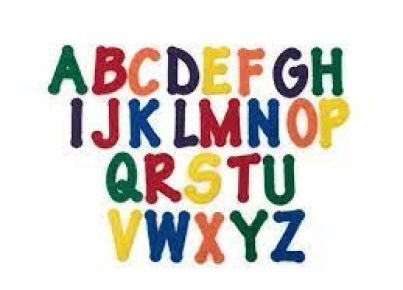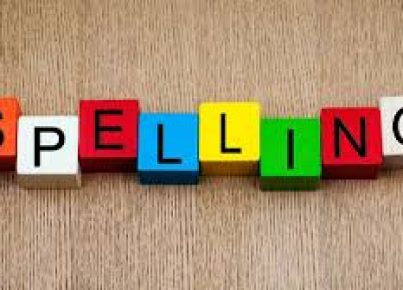Introduction
Verbal comprehension is an essential skill for effective communication, critical thinking, and problem-solving. It refers to the ability to understand and process information presented through spoken language. Developing strong verbal comprehension skills can greatly improve a person’s academic performance and social interactions. In this article, we will discuss several activities that can help develop verbal comprehension.
Activity 1: Reading Aloud
Reading aloud is a powerful way to improve verbal comprehension skills. It enhances vocabulary, encourages active listening, and helps with the understanding of sentence structure and grammar rules. Parents or educators can read aloud to children, engaging them in discussions about the content, characters, or settings of the story. This interaction promotes a deeper understanding of the text and stimulates critical thinking.
Activity 2: Storytelling
Storytelling not only fosters creativity but also boosts verbal comprehension. Encourage children to create their own stories based on real-life experiences or their imagination. By sharing their stories verbally, they practice organizing and presenting complex information in a structured way.
Activity 4: Play Word Games
Word games such as crossword puzzles, Scrabble, or Boggle are excellent tools to develop vocabulary and verbal comprehension skills. These games help learners discover new words, understand their meanings and uses, and apply them in context.
Activity 5: Participate in Debates or Discussions
Group discussions and debates provide learners with an opportunity to enhance their verbal comprehension skills through active listening and effective communication. Participants must listen closely to others’ perspectives while analyzing and presenting their own arguments.
Activity 6: Listen to Audiobooks and Podcasts
Audiobooks and podcasts offer valuable exposure to diverse topics, vocabulary expansion, and language structures. Learners can choose topics of personal interest to stay engaged while improving their verbal comprehension abilities.
Activity 7: Watch Movies or Shows with Subtitles
For those with reading abilities, watching movies or shows in the native language with subtitles can help improve verbal comprehension. As learners read and listen simultaneously, they can decode spoken words and understand conversational contexts more effectively.
Conclusion
Developing strong verbal comprehension skills is crucial for academic success and effective communication in everyday life. The activities mentioned above encourage active listening, expand vocabulary, and provide ample opportunities to practice presenting ideas coherently. Implementing these activities in educational settings or at home will contribute significantly to a child’s overall language development.





